Studies show that up to 20 percent of all reviews on amazon, on booking.com and TripAdvisor are fake or bought. Sad, but hopefully no big news for you. Recently, however, I stumbled across a lot of fake reviews on travel blogs: “The best hotels in Germany”, “The best backpack for travelers”, oh and “The best travel insurance”.
Ironically it seems that those who pride themselves on an independent voice, are now jumping in on the bandwagon. Bloggers are writing reviews of luxury hotels they quite apparently didn’t visit, of products they didn’t buy, and for travel insurances, they really didn’t test all the way through. Actually, I found reviews for about anything with an affiliate link promising fame and fast money. I felt it was time for another #SundayRant. Enjoy as I expose the luxury travel guide fake ;-)
The problem with fake reviews
So where is the problem?? They were written with only one purpose: making money. They used special tools to gauge the monthly searches on google, the average pay per click for that keyword, and their chance of ranking for the content in the top 10 results of google’s organic search*. And THEN decided what to “review”. They also searched for products easily available on amazon, hotels on booking.com and other affiliate websites (skipping those that aren’t!).
There is a whole industry around these tools these days. You can even find tons of guides on the internet on how to write an affiliate website that converts. Likewise, there are websites that will help you detecting fake reviews. But it gets worse, the rankings on major hotel websites are frequently fake as well. Agents will often call the hotels promising a better ranking, if they lower the price. Am I the only one who thinks this is WRONG?!
(*The tools are not the problem. I use some of them myself. There is just a good and a bad way to use them.)
Why honest reviews are badly needed
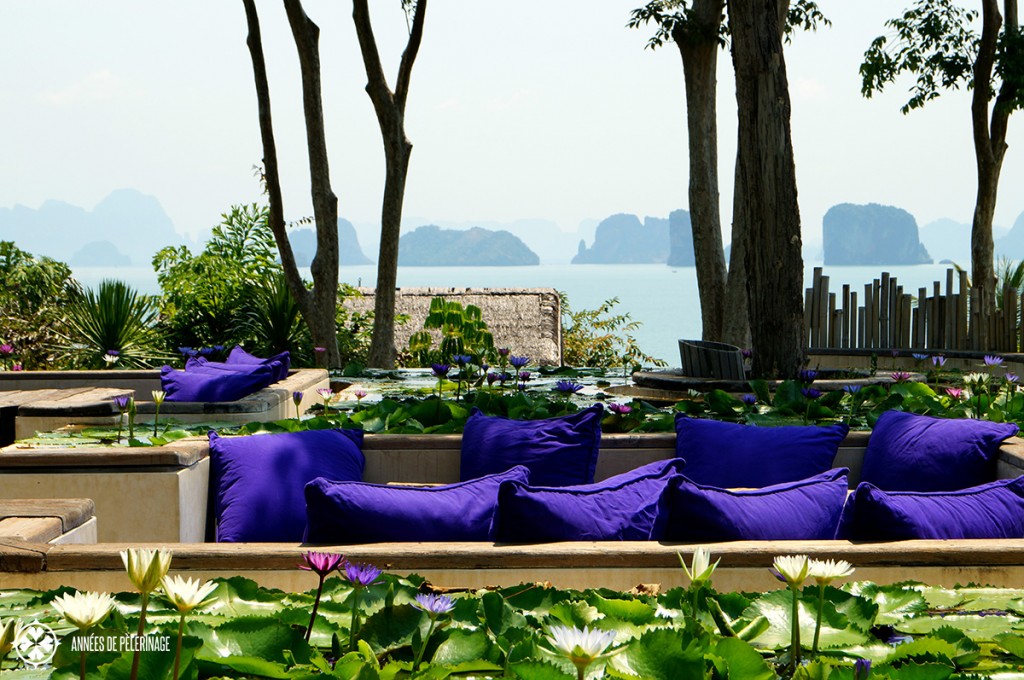
Now take a deeper look at TripAdvisor, Amazon or booking.com. Do it! Open your eyes! You will soon realize that a huge portion of the reviews are either fake, bought or not written freely. I’ve seen hotels placing special review computers in their lobby (in one instance they even offered a 10$ refund!!), hotels paying strangers to write reviews on TripAdvisor and fake reviews are certainly nothing new on Amazon. It’s so bad that a couple of years ago I, as the author, got accused of faking reviews because somebody left an exceptionally good review for my book.
Not all of it is fake but too much! Sadly, this is not my own personal view. Tons of studies support my claim. (Do read, it’s quite an eye opener!). But it gets worse: Only recently Amazon promised to fight against fake reviews with another lawsuit.
When I book a holiday, I usually commit thousands of thousands of US-Dollars. I don’t want to waste these on subpar products. Budget permitting, I want the best hotel available. But it’s not always easy to pick the best hotel by browsing through booking.com or similar hotel booking sites. The pictures available on all the official websites are taken by super professional photographers with equally professionally equipment and post-processing options. They are, to some extent, not real. Just like the rankings.
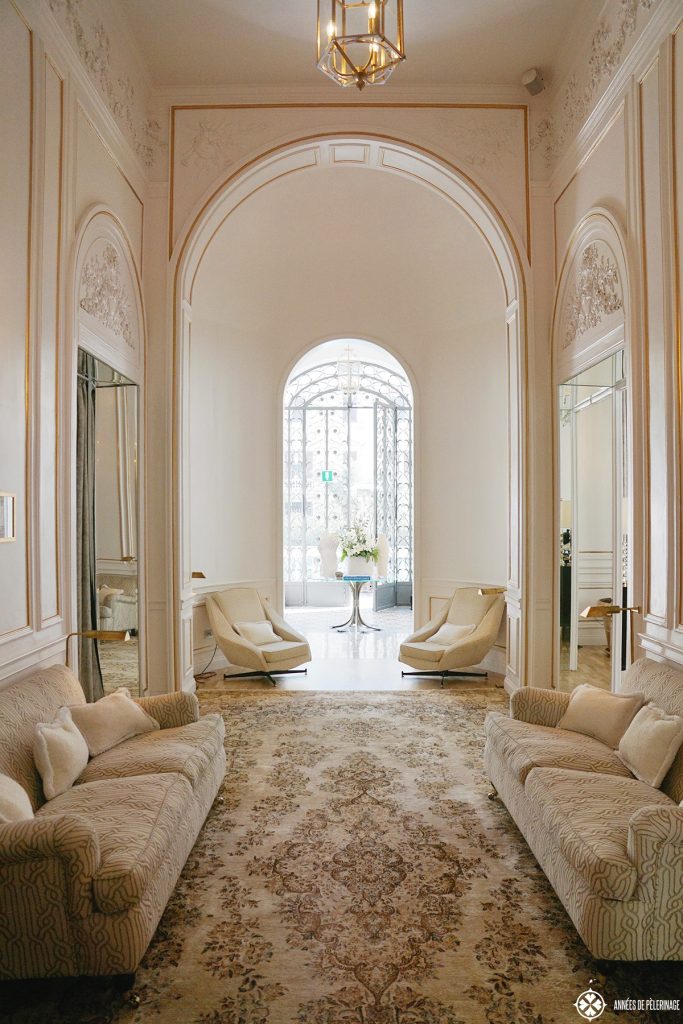
Thus, I am thankful for any blogger or individual who posts authentic pictures of a hotel or a place. Pictures that haven’t seen photoshop (or similar editing programs) one time too often and were taken on that single sunny day in the year from the balcony of the presidential suite.
In our fake world, where likes on social media became a hard currency, authenticity lost its meaning.
So, why on earth do some of my esteemed fellow bloggers decide to compile reviews posts with the very same information available online? Some of them even use the same pictures you will find on booking.com. Guys! Where is the value? No, I don’t mean your affiliate income, I am talking about your readers.
You are cheating them and not even disclosing it. You didn’t review these hotels, you didn’t visit them, you just copied a link and a couple of pictures with dollar signs in your eyes.
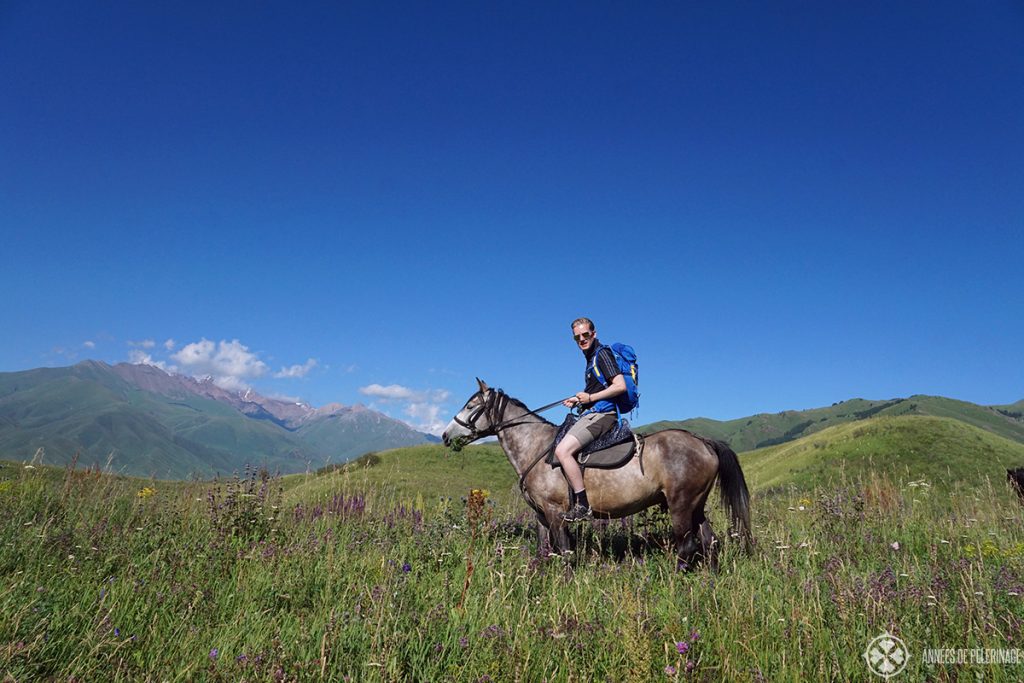
Even worse are all those articles about the “best backpack” or “best camera for traveling”. Dear Ann-Sue-vegan-gluten-free-travel-Around-The-World.com, have you really tested all travel backpacks out there? Have you really tried all cameras available? No, you haven’t. So, why don’t you write about “Why I love taking pictures with my Canon DSLR?”. THAT would be helpful. Well, actually it wouldn’t because you just bought that camera based on another fake review on a travel blog you read when you started yours. Anyway, just fucking stop implying you were able to objectively rank products.
The other sides of the review industry
Now, I willingly admit that I wrote an article called “The best luxury hotels in Peru” not that long ago. So, where is the difference? For me, the important difference lies in the fact that I researched very thoroughly. I spent time in all these hotels, took my own pictures, and presented my own, unsponsored opinions. Of course, there are affiliate links in these posts, too. But as I booked all these hotels on booking.com, I have no problem whatsoever pointing you towards the very place where I booked my stays, at no additional costs.
Running a website, writing these articles does take a lot of time and affiliate links are one way to make up for these costs. Still, reviews should always be written with the readers in mind, and not personal finances (at least not as the main objective).
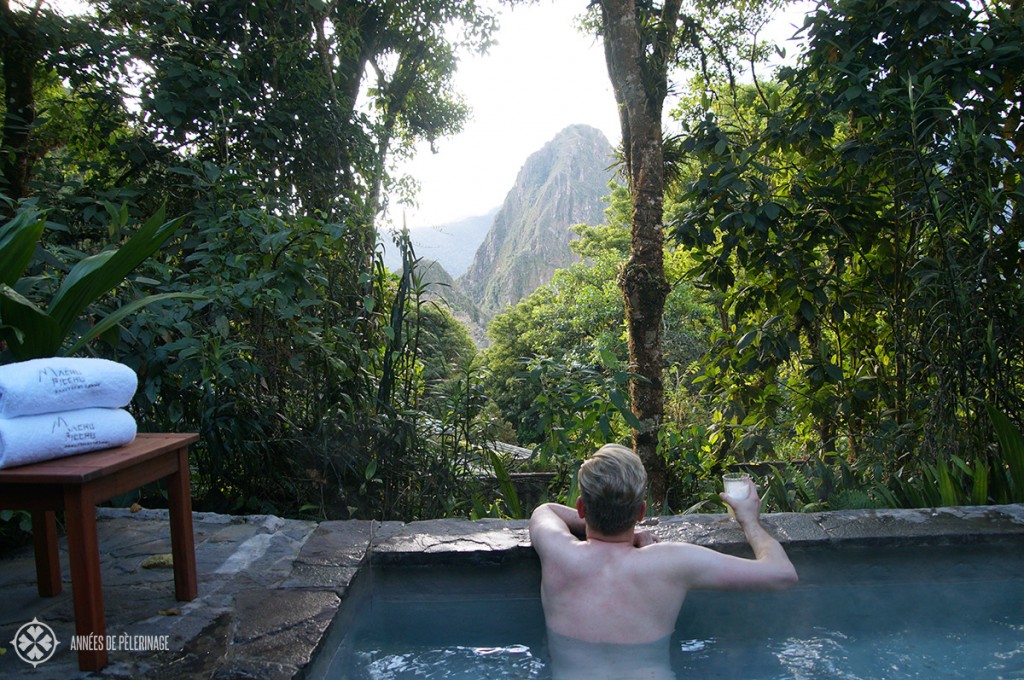
Sometimes reviews are sponsored. Personally speaking, I find these problematic as well. Most bloggers will claim that they are nevertheless expressing their own, subjective opinions, but it sounds a bit rote. If you get paid for a review, you will ALWAYS present it in a better light than it deserved, even if it is just a bit. In that very instant you accept the sponsorship your relationship with the hotel changes from a customer to a partner. Worse, there are special facebook groups where you can ask for positive comments on your sponsored posts (you can also buy them on Fiverr), adding fake social proof for sponsors and readers.
Media picking a specific property and asking for press tickets is a different matter, though. Not unproblematic, but manageable. Even big newspapers can’t afford to pay their reporters a stay at the newest luxury hotel in the Maldives. A blogger will usually have even more limited resources. But if there is no sponsorship, there will be no article and nothing for you to read. You could call that a healthy compromise.
The truth, however, is a bit more sobering. Most bloggers starting out care less about an authentic story and more about the free stay. So they will pitch every hotel in the vicinity of their destination and pick whoever deigns to take them in. That’s not reviewing or reporting, that’s prostitution.
I don’t even fault them. Making money with a blog is hard. Damn hard, I should know. Still, the reviews resulting from such collaborations lost all their value. They are not about the best, cheapest or most romantic hotel in… but about the hotel who was willing to pay for the time and reach of a blogger. I am not entirely sure, but I got the impression that most travelers aren’t looking for exactly that quality in a hotel.
There is another problem. If the not-so-failing New York Times writes above that hotel opening, the resulting article can be an honest review. They got the reputation and the power to handle any complaints by the sponsor. The fledgling blogger, on the other hand, will fear for his or her reputation and tone down the nasty bits or maaaaybee find another agreement with the hotel (i.e. not writing about it at all). They want their sponsor to be happy. I am still not sure if this is a good arrangement. At least I never read a negative sponsored review.
So, what about you? How do you feel about all these thousands of thousands of reviews out there? How do you feel about bloggers being sponsored? And how do you feel about them supposedly expressing their own, unaltered opinions? Let’s discuss!
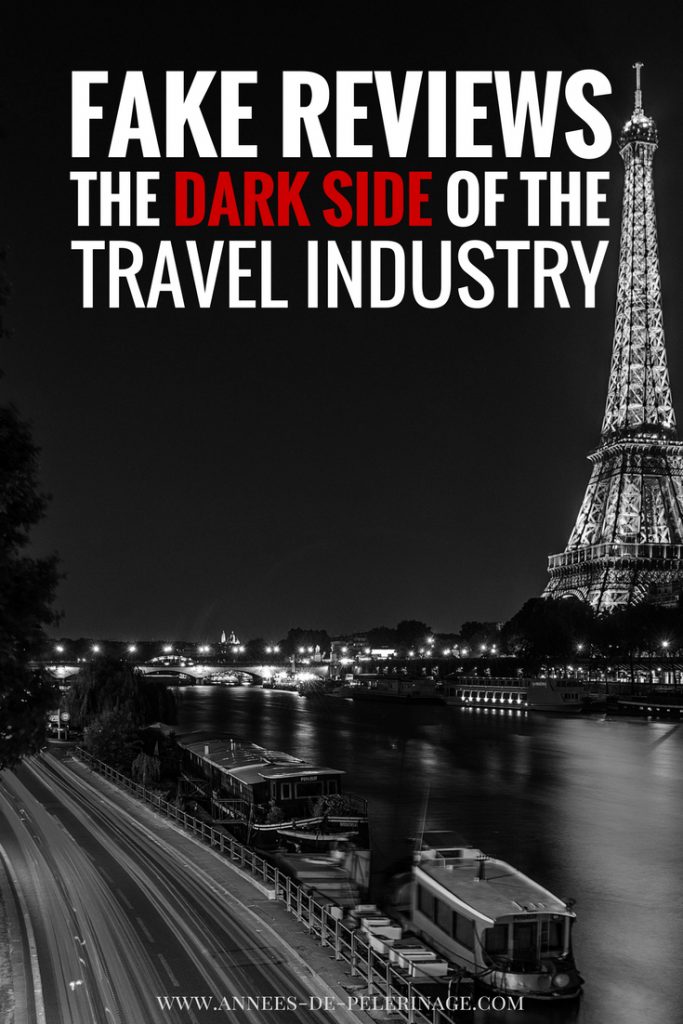
Picture credit: Vincent Lock


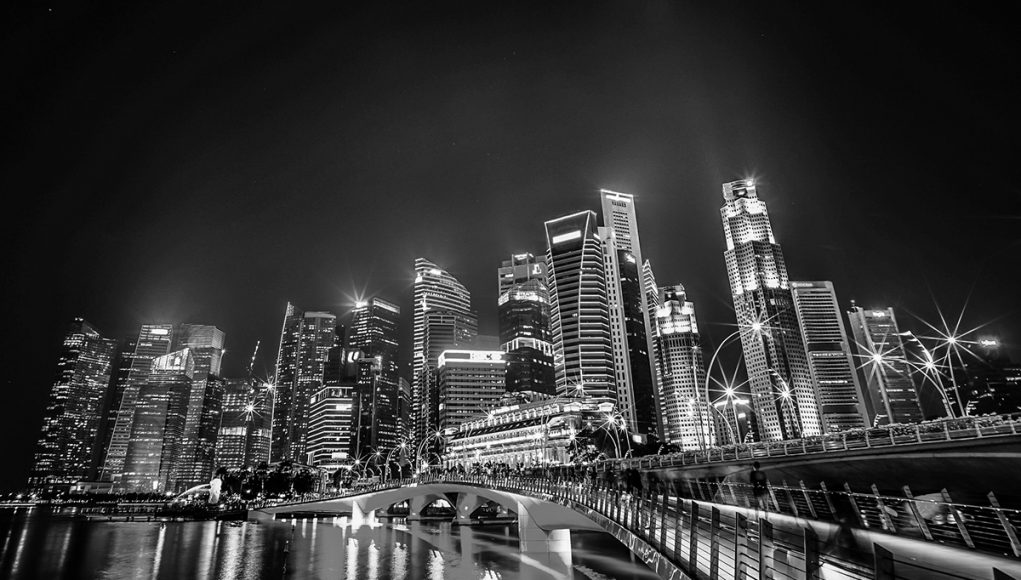





I’m a backpacker who usually read travel blogs and I have specific blogs I consistently read. but one blogger suddenly changed from nomad to luxury. I was like ???? what happened to this. I can’t follow her lifestyle anymore, and then I slowly realized it’s a sponsored trip/ luxury resort she stayed at. It was good for her, but not for the reader like me. Eventually, I stopped following her. Since I sense a lot of fakeness to her blog. and of course, the reviews, in my opinion, were not authentic too. She is too noisy in the travel blogging industry. Her website is TWO TRAVEL MONKEYS.
Hey Jonah,
well, dunno how to respond to that.
20 years ago, I was traveling more like a backpacker myself and now I couldn’t do it anymore. I feel people should be allowed to change. And I feel this is something to cherish. But you should be upfront about it.
Even a sponsored stay at a hotel can be okay in this light. Tell your readers you were paid to write this review and got a free stay (and leave out the “but the opinions are my own” bullshit).
What I don’t like is when you compile a list of the 20 best hotels in XYZ without proper reporting. That’s possibly deceitful.
I don’t stay at budget hotels ever, but still I make an effort to track them in a city and have a look because I know not every person can afford them. And when it comes to luxury hotels, I try to eat lunch at other places and sometimes stay at two properties in a city. Ah well.. :)